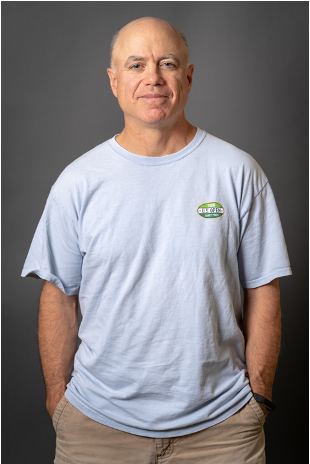Quantum Data Science?
Thursday, September 19, 2024
12:30 pm – 1:45 pm
Hixson-Lied Science Building, Room G-59
Abstract
Quantum computing offers the possibility of efficient solutions to problems that may be classically intractable. Recently, these problems have included sampling from a probability distribution and inferring a relation from partial information (e.g., a recommender system), both of which fall into the class of data science or machine learning problems. An important characteristic of such problems and their solutions is the model for the data generating process, specifically whether it is classical or quantum. In the second part of the talk, we’ll analyze some data from a simple human behavior, answering survey questions, and discuss whether or not to model it quantum mechanically. I will (re)introduce all the quantum mechanics necessary for our analysis.
Guest Speaker

David Meyer is Professor of Mathematics at the University of California, San Diego, having arrived there as a postdoc with Brosl Hasslacher in the Physics Department, after postdoctoral positions with Gerard ‘t Hooft at Duke University and in the Relativity Group at Syracuse University. His research interests include quantum gravity (specifically the causal set program), quantum information and computation (quantum lattice gas automata, algorithms, quantum games, topological error correcting codes, measures of entanglement), knot theory, discrete models for fluid dynamics, and data analysis problems from the social sciences (voting, networks, time series, spatial data, rankings). He completed his PhD in Mathematics at MIT, supervised by Rafael Sorkin and Daniel Freedman. Prior to that, he spent a year at Cambridge University as a Churchill Scholar after completing his undergraduate and master’s degrees at the Johns Hopkins University.
